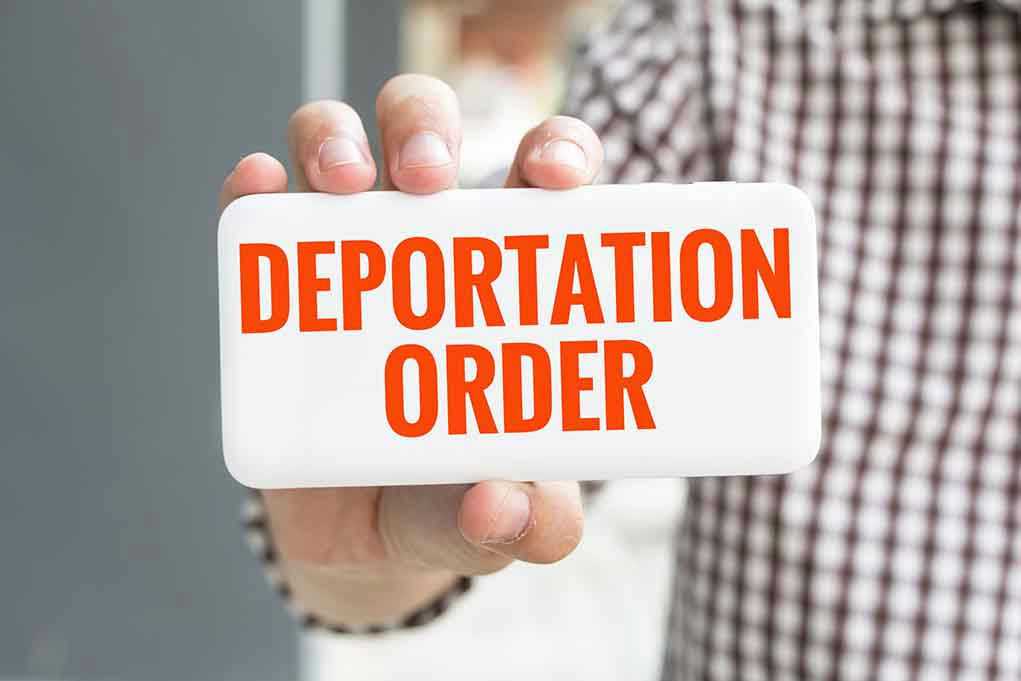
In a decisive move, the U.S. is set to deport lawful permanent residents accused of aiding Haiti’s notorious gang coalition, Viv Ansanm, raising questions about the implications for both national security and immigrant communities.
At a Glance
- The U.S. plans to deport residents linked to the Haitian gang, Viv Ansanm.
- Viv Ansanm controls over 80% of Port-au-Prince, destabilizing Haiti.
- The U.S. and UN have designated Viv Ansanm as a terrorist organization.
- Deportation policy sparks legal and humanitarian debates.
U.S. Targets Collaborators in New Deportation Policy
The United States has announced a bold strategy to deport lawful permanent residents accused of collaborating with Viv Ansanm, a coalition of criminal gangs wreaking havoc in Haiti. U.S. Secretary of State Marco Rubio emphasized that this policy is crucial for safeguarding American interests and preventing the spillover of instability from Haiti. With Viv Ansanm dominating Port-au-Prince and expanding its grip, the U.S. is determined to act decisively against those supporting such groups.
Rubio’s announcement follows the UN Security Council’s move to sanction Viv Ansanm, marking the coalition’s activities as a severe threat to regional and international peace. The coalition’s rise has paralleled Haiti’s political instability, with Viv Ansanm exploiting the weakened state to consolidate control over vital infrastructure, including ports and fuel supplies. The coalition’s ability to maintain cohesion despite internal rivalries is unprecedented in Haiti’s gang landscape.
Viv Ansanm’s Stranglehold on Haiti
Viv Ansanm’s formation in 2023 marked a strategic shift in Haiti’s gang dynamics. Under the leadership of Jimmy “Barbecue” Chérizier, the coalition has unified previously rival factions, evolving into a formidable force that now dictates much of Haiti’s urban life. The group’s coordinated attacks and governance strategies have crippled the Haitian government, leading to the resignation of Prime Minister Ariel Henry and further diminishing state authority.
Haiti’s chronic political instability and economic difficulties have created a fertile ground for Viv Ansanm’s rise. The coalition has exploited local grievances, positioning itself as a protector against corrupt elites and foreign intervention. This complex dynamic complicates international efforts to restore order, as gangs are both a source of violence and, paradoxically, a provider of services in neglected communities.
Implications for the U.S. and Haiti
The U.S. deportation policy targets not only criminal actors but also raises significant legal and humanitarian issues. Lawful permanent residents accused of aiding Viv Ansanm face the immediate risk of deportation, impacting Haitian diaspora communities in the U.S. Experts warn that while this move may disrupt support networks in America, it is unlikely to significantly weaken Viv Ansanm’s operations in Haiti. Instead, it risks straining U.S.-Haiti relations and complicating humanitarian efforts.
In Haiti, the coalition’s dominance continues to fuel a deepening humanitarian crisis. Over 200,000 people were displaced in early 2024 alone, as gang control disrupts commerce, inflates basic goods prices, and forces the closure of schools, markets, and hospitals. The international community faces the daunting task of addressing these challenges amid persistent insecurity and governance failures.
Challenges and Perspectives
Analysts view Viv Ansanm as a significant evolution in gang organization, with ambitions extending beyond mere territorial control to political influence. The coalition’s ability to adapt and fill the governance vacuum left by the Haitian state underscores the complexities of addressing gang violence in the region. U.S. policies, while aimed at curbing gang influence, must be carefully balanced to avoid unintended consequences for innocent communities caught in the crossfire.
Diverse viewpoints within Haiti reflect the nuanced reality on the ground. While some locals see gangs as protectors against state neglect, others suffer from the violence and instability they bring. The situation remains fluid, with ongoing risks of violence and further destabilization threatening to spill over into neighboring countries.
Sources:
Global Initiative Against Transnational Organized Crime
United Nations Security Council











